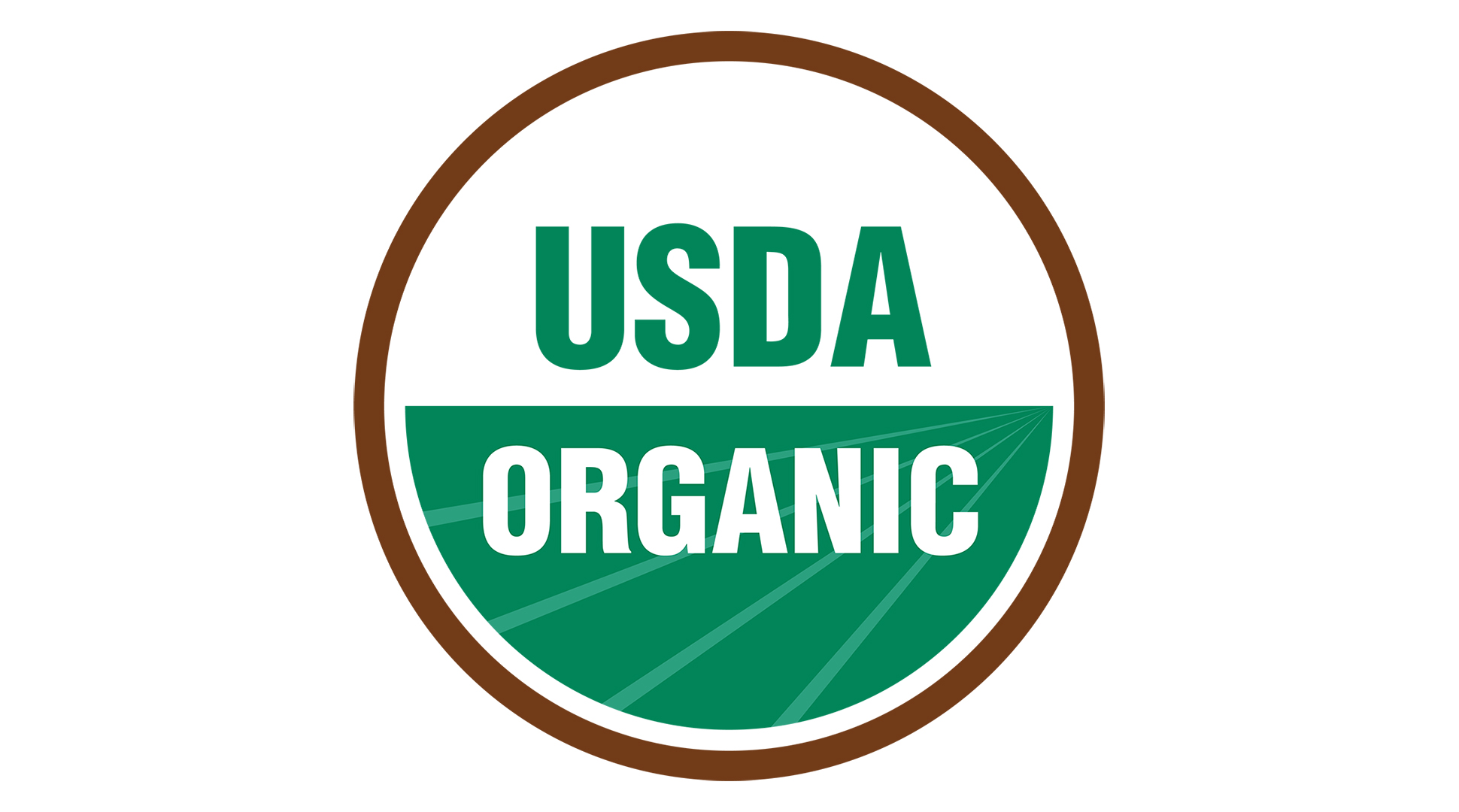The term organic is not a food safety term. It is a label used to indicate that the food has been produced using a set of guidelines implemented by the U.S. Department of Agriculture's Agriculture Marketing Service.
Organic producers must follow a strict process for production and processing of products. But organic does not mean "without pesticides." Natural pesticides and synthetic pesticides are allowed in some cases. Synthetic fertilizers are not allowed in certified organic products, but select pesticides are allowable.
The USDA National Organic Program (NOP) oversees allowed and prohibited substances in organic production.
Are natural pestidcides less toxic than synthetic pesticides?
This general statement is a common misconception. Several naturally occurring pesticides are highly toxic, even carcinogenic. The Genetic Literacy Project noted that copper sulfate is highly toxic and shown to cause liver disease.
A commonly used organic pesticide until recently, Rotenone, has received significant attention because of studies indicating a potential link to Parkinson's disease. All pesticides, natural or synthetic, are reviewed and regulated by the Environmental Protection Agency.
Natural and organic aren't the same thing
Natural and organic are not interchangeable terms. According to the Food Marketing Institute, "the term 'natural' applies broadly to foods that are minimally processed and free of synthetic preservatives." It's a vague term that is often defined by the company producing the product.
Is buying organic food better for the environment?
Ultimately, environmental sustainability comes down to the farmer. Whether they produce foods organically or conventionally, good farmers manage erosion, water use, control runoff and work to replenish the nutrients of the soil. It's in their best interest to do so, no matter what production method is used. Pitting one kind of farmer against another as safer or more committed to growing healthy food does no one any good and is a disservice to maintaining the healthy and abundant food supply we all enjoy.
